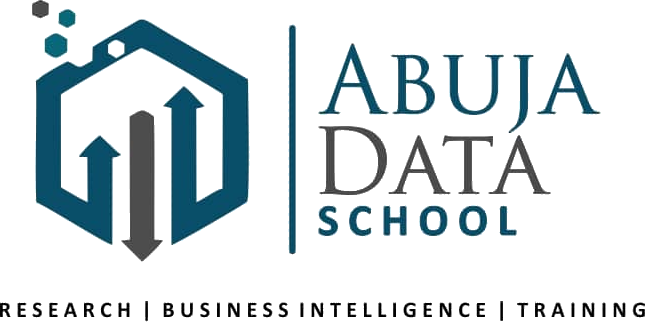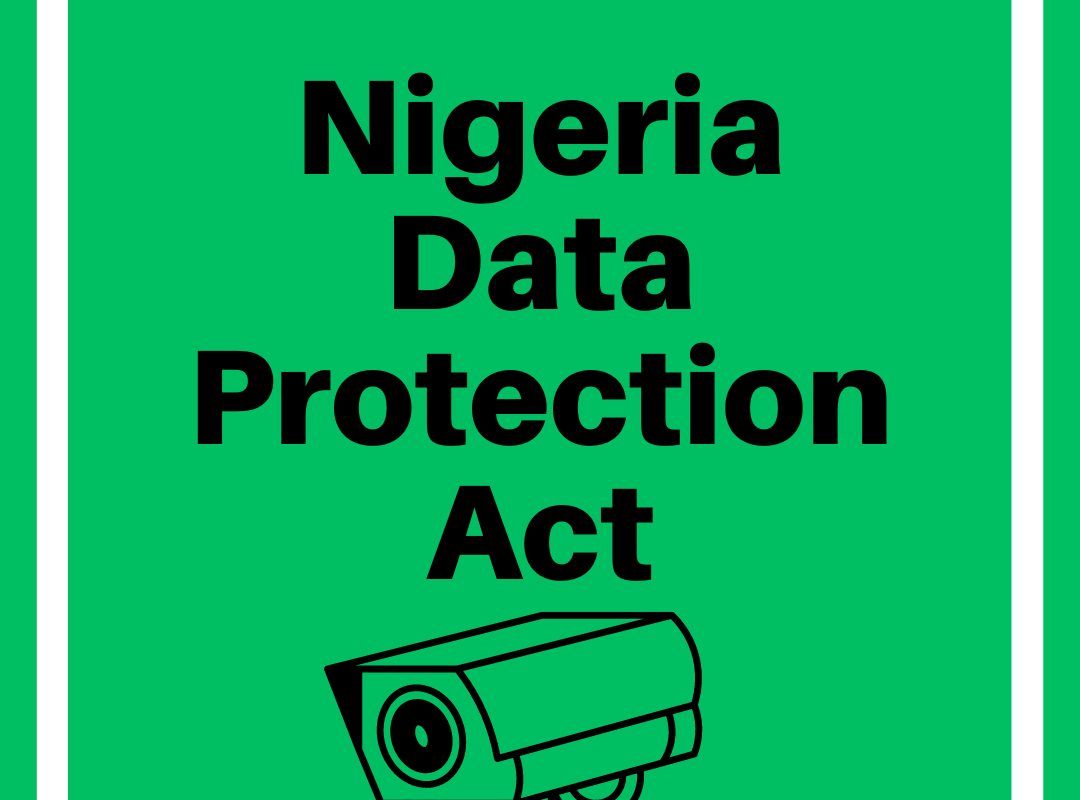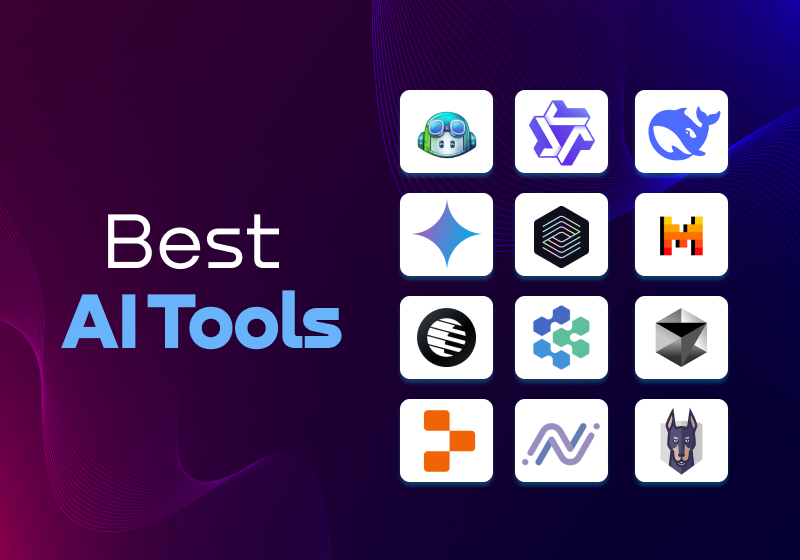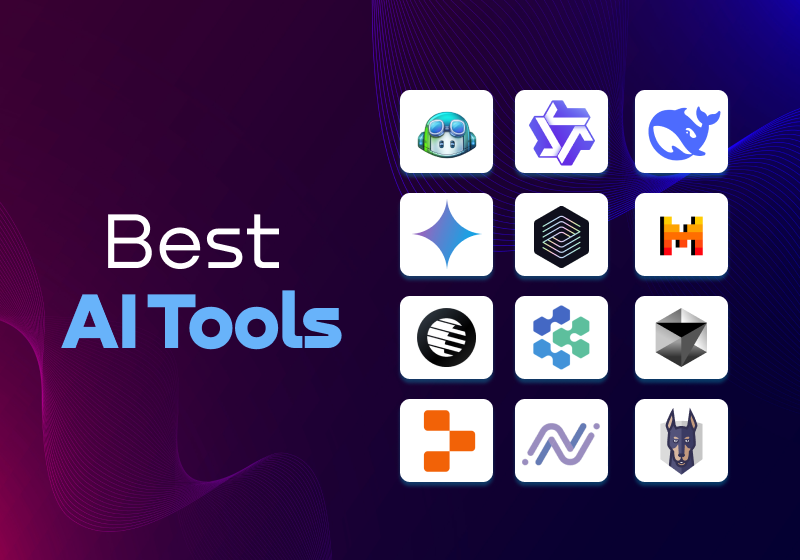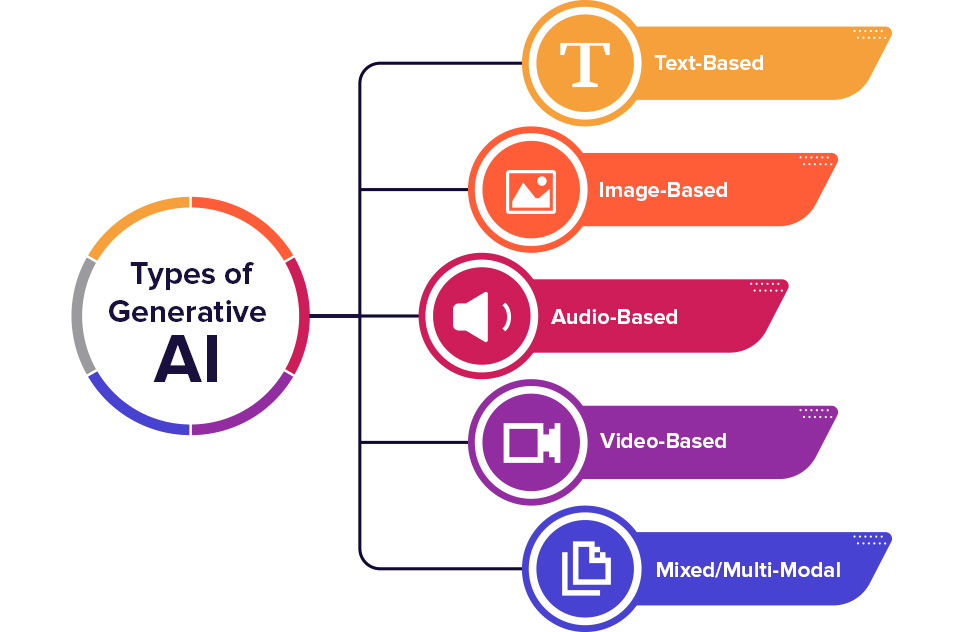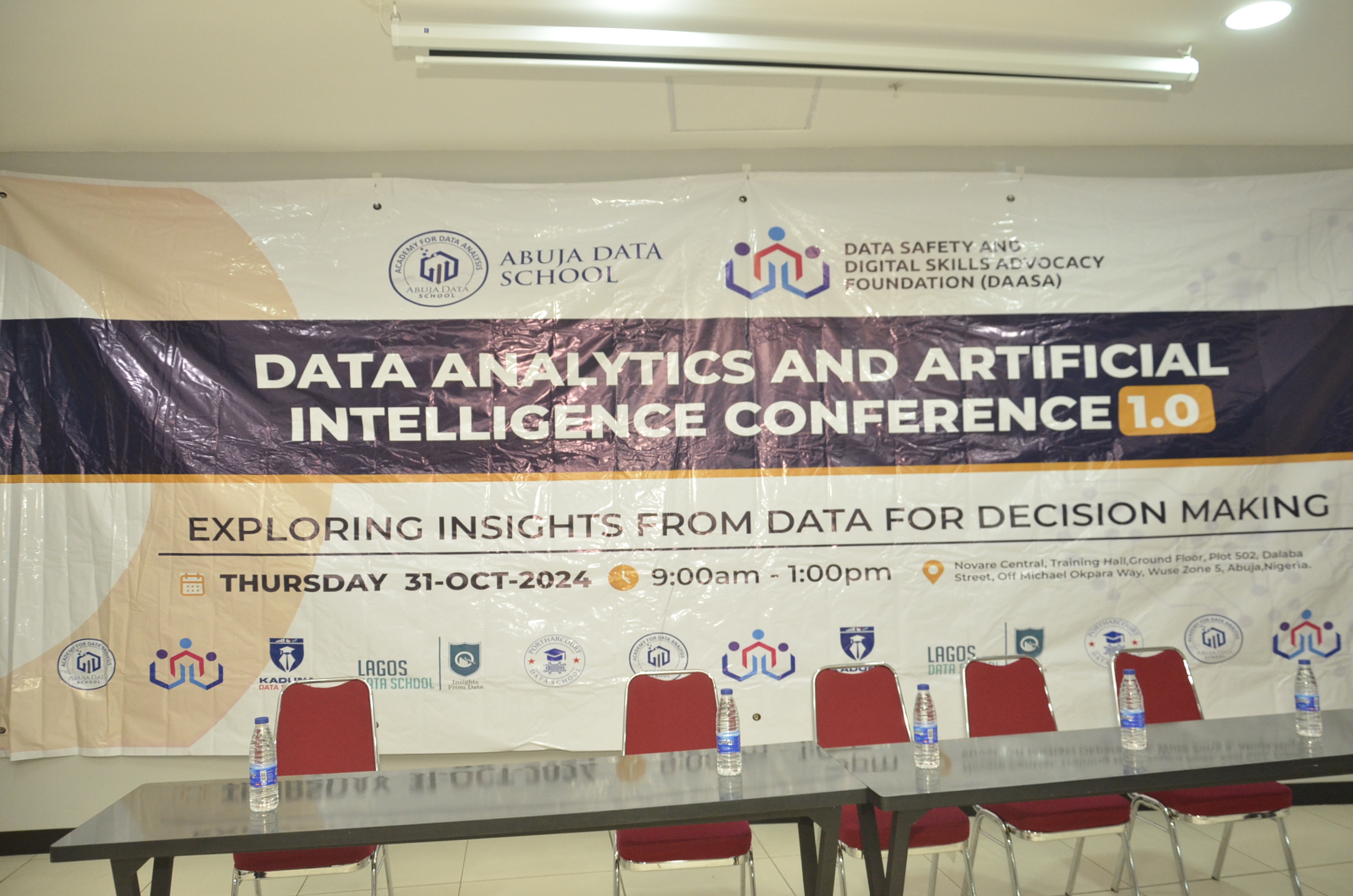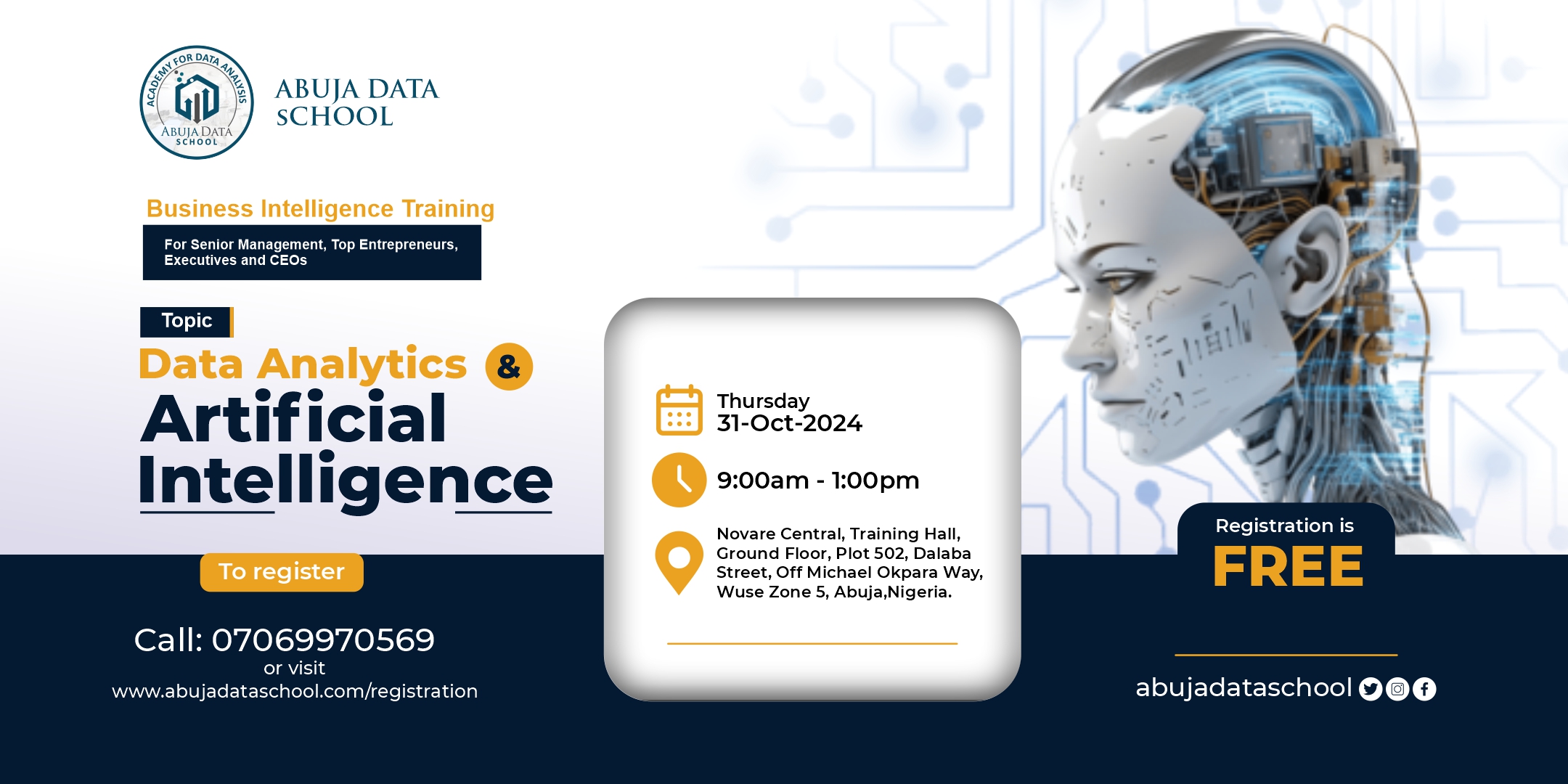Why Data Protection?
Data protection is the practice of safeguarding personal or sensitive information from loss, misuse, unauthorized access, or corruption, while ensuring it’s used lawfully and ethically.
It involves:
-
Security measures (like encryption, access control) to prevent breaches.
-
Privacy compliance with laws (e.g., GDPR, NDPR, CCPA).
-
Policies & processes for collecting, storing, sharing, and deleting data responsibly.
Abuja Data School is a learning centre that offers data protection training in Abuja, Nigeria to organizations that seek certification from internationally recognized institutions.
Relevance of Data Protection in Governance
In today’s digital economy, data is often regarded as the new oil. For Nigeria- a nation rich in human resources but struggling with economic diversification and structural inefficiencies- effective data governance offers a powerful pathway toward transformation. Through our Data governance training in Abuja Nigeria, learners understand the the framework for managing data availability, usability, integrity, and security across an organization or nation. If strategically implemented, it can significantly stir Nigeria’s economic outlook through improved decision-making, accountability, innovations, and investments.
How Data Governance Can Enhance Nigeria’s Economic Outlook
1. Enhancing Public Sector Transparency and Efficiency
One of the key challenges Nigeria faces is poor transparency in governance and public spending. According to the World Bank (2023), Nigeria loses billons annually to inefficiencies, management, and corruption. A strong data governance framework in the public sector would ensure accurate data collection, real-time tracking of government projects, and better allocation of resources. For example, if procurement and budget data are made open and accessible, and leakages would be reduced.
The Nigeria Open Data Initiative (NODI) launched by the National Bureau of Statistics is a good start but requires full implementation across ministries, departments, and agencies. A standardized and interoperable system of data collection and sharing can transform how governments operates-encouraging trust and investor confidence.
2. Driving Innovation and the Digital Economy:
Nigeria’s digital economy-valued at $70 billon in 2021 (NTDA,2022)- has enormous potential to lead economic growth. But digital innovation relies heavily on accurate, accessible, and secure data. A national data governance strategy will allow startups, fintech, and tech companies to innovate responsibly by accessing quality datasets while ensuring user privacy.
For instance, data localization laws and compliance standards like Nigeria Data Protection Regulation (NDPR) help define how data can be stored, shared, and protected. If properly enforced, they create a secure environment that encourages tech investment and expansion.
3. Improving Economic Planning and Forecasting:
Data governance also directly improves macroeconomics planning. A country cannot plan effectively without reliable data on employment, inflation, population growth, or productivity. With decentralized and conflicting datasets currently plaguing Nigeria’s policymaking, governance frameworks can centralize and harmonize data, making it easier for economic managers to predict trends and respond to crises.
A practical example is how COVID-19 data dashboards helped countries manage lockdowns and distributes relief. Similarly, Nigeria can utilize data governance to monitor food security, inflation, and foreign direct investment trends.
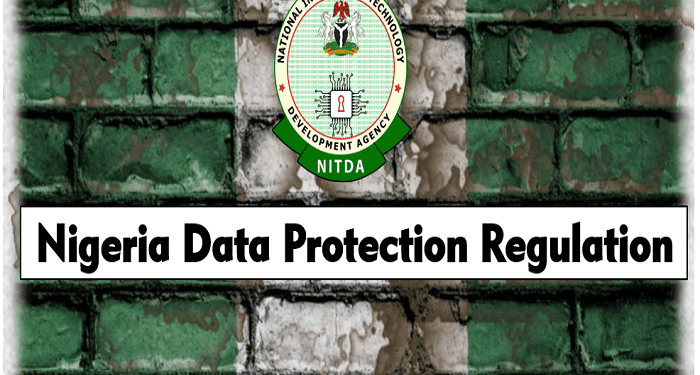
4. Boosting Investor Confidence:
International investors are cautious about economies with poor data integrity. According to PwC Nigeria (2021), a lack of consistent and reliable data is a top reason for investor hesitation. With sound governance policies in place, data becomes verifiable, legal risks are minimized, and capital inflow increases.
Additionally, Nigeria can align its policies with global standards like the OECD’s Data Governance Framework to assure investors of transparency, compliance, and risk management.
Careers in Data Protection
1. Data Protection Officer (DPO)
What they do: Ensure an organization complies with data protection laws, manage privacy policies, conduct audits, and serve as a contact point with regulators.
Skills needed: Data privacy law knowledge, risk management, strong communication skills.
Typical employers: Large corporations, government agencies, healthcare, financial institutions.
2. Privacy Analyst / Privacy Specialist
What they do: Monitor compliance with privacy policies, assist with data mapping, process data subject requests, and review contracts for privacy clauses.
Skills needed: GDPR/CCPA knowledge, attention to detail, legal writing, and policy review.
Entry route: Often an entry-level role into data protection.
3. Data Privacy Consultant
What they do: Advise organizations on compliance strategies, perform privacy impact assessments, and develop risk mitigation plans.
Skills needed: Consulting skills, privacy law expertise, project management.
Work style: Can be in-house or with a consulting firm.
4. Compliance & Risk Officer (Privacy-focused)
What they do: Align business operations with privacy regulations, manage risk registers, conduct compliance training.
Skills needed: Risk assessment, regulatory compliance, business processes understanding.
5. AI & Data Ethics Specialist
What they do: Oversee ethical data use in AI systems, assess bias, ensure privacy in machine learning.
Skills needed: Data ethics, AI governance, privacy-preserving technologies.
Developing a National Data and AI strategy
In conclusion, Nigeria’s economic prospects can be greatly improved by embracing a robust and transparent data governance framework. From strengthening public accountability to boosting the digital economy and improving economic forecasting, the ripple effects are broad and profound. As Nigeria aspires to become a digital-first economy, the governance of data must move from the margins to the center of policy and investment strategy.
Enroll In our Data Governance and Data Protection Training at Abuja Data School.
